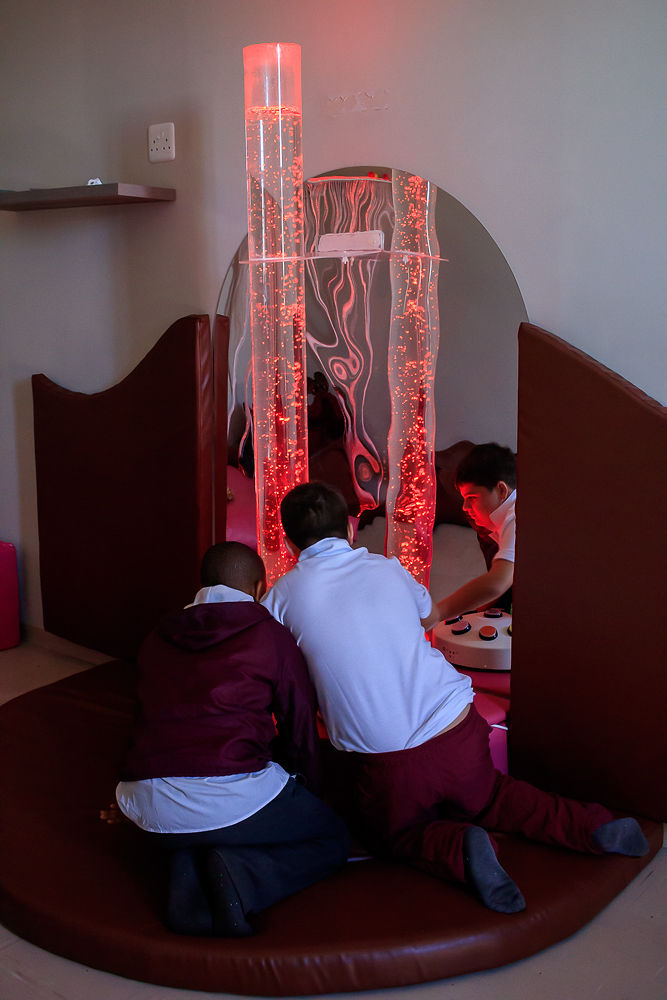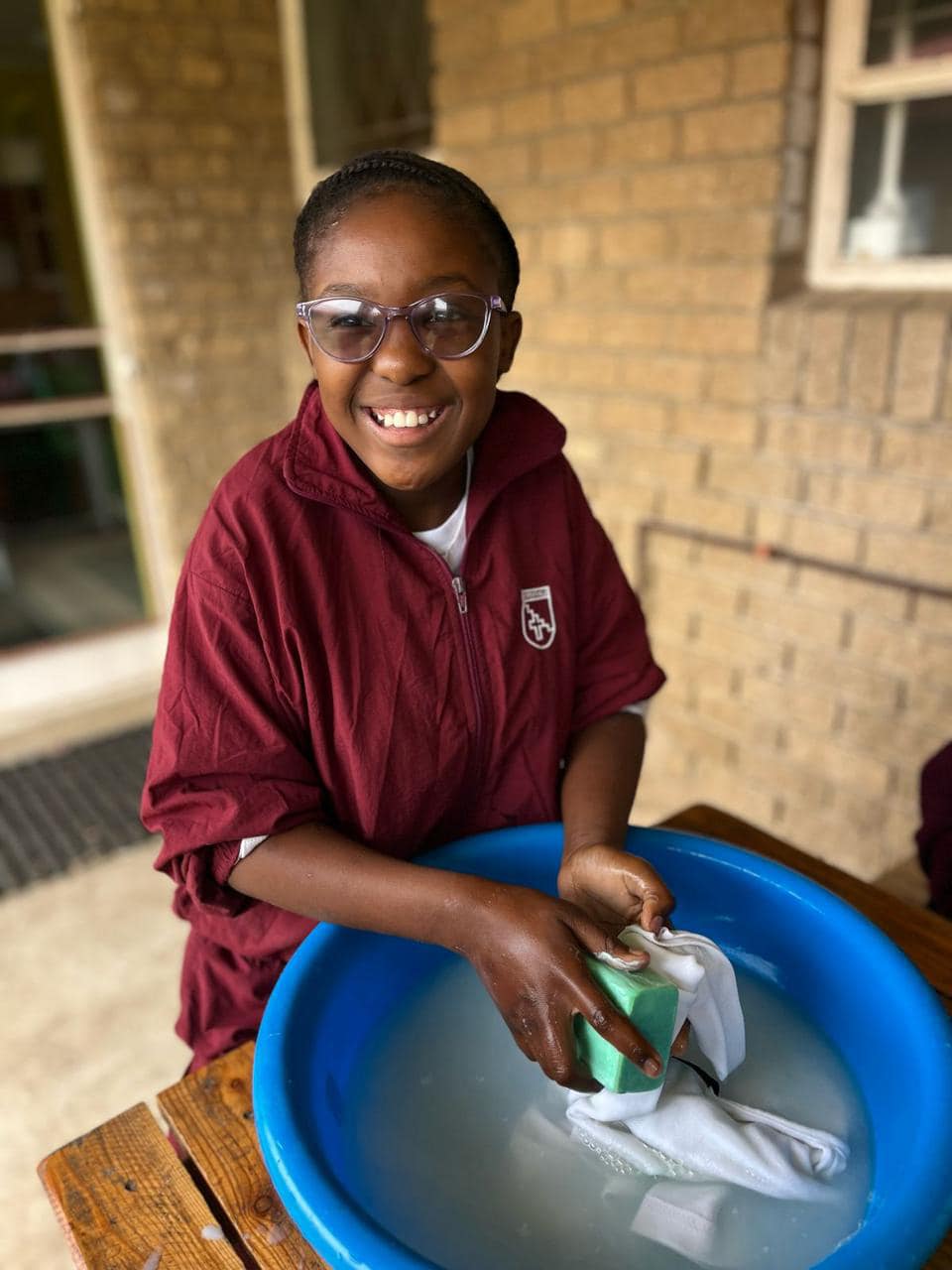🧩 Practical Phase Information
Welcome to the Practical Phase of our school!
In this phase, we focus on supporting learners in building the foundational life skills needed for greater independence, confidence and meaningful participation in daily routines. We use an adapted DCAPS curriculum to meet the individual needs of each learner and to ensure steady, supported growth at their own pace.
🎯 What is our aim?
The Practical Phase is designed to help learners gain essential skills that promote independence, social interaction and emotional development. Each learner is guided through a personalised support programme that focuses on their specific strengths and needs.
🧠 Key Focus Areas
Eat independently and manage basic self-care routines
Adapt to daily class structure and expectations
Develop emotional regulation and resilience
Interact with classmates through sharing, turn-taking and kindness
Improve attention span and concentration on simple task.
We emphasise practical learning over academic pressure, ensuring each child grows in confidence and ability in a safe, encouraging environment.

A Day in the Practical Phase
The daily programme is play-based and activity-rich, offering a variety of structured learning opportunities that support motor development, communication and practical living skills.
Your child will enjoy:
• Sing-along songs that teach vocabulary, animal names, numbers and more
• Playdough, beading and colouring, which strengthen fine motor skills for writing
• Gross motor play to build balance, strength and coordination
• Language activities such as storytelling, rhymes and verbal interaction
• Incidental reading, including recognising everyday signs like “hospital,” “danger,” or “police”
• Early phonics, basic reading and maths, introduced gently and practically
• Life skills, including dressing, hygiene and managing personal belongings
• Very basic cooking tasks, like simple food prep with support
• Toilet training and hygiene routines, where applicable
• Social etiquette and values like respect, sharing and waiting your turn
Our aim is to help your child thrive in a caring, structured environment while developing skills that will help them feel capable and secure.

🏠 Homework Approach
No formal homework is assigned in the Practical Phase. However, you are encouraged to support your child’s learning by practising simple skills at home. This may include dressing or undressing, tying shoelaces, throwing or catching a ball, recognising colours, colouring within the lines and counting.
When your child is developmentally ready, teachers may suggest basic reading and phonics activities for you to do together at home. All activities are introduced in a way that supports your child’s pace, without pressure.

🤝 Working Together
We value your role in reinforcing these skills at home. Encouraging independence in small, daily routines goes a long way toward building your child’s self-confidence and responsibility.
We also ask parents to consistently model and promote moral values, ethics and discipline at home, as these are core to the learning environment we nurture at school. It’s also important that learners follow the school’s code of conduct to support a safe and respectful space for everyone.
If you have any questions or would like to discuss your child’s progress, please feel free to contact your child’s teacher or the school.
© 2026 All Rights Reserved.
